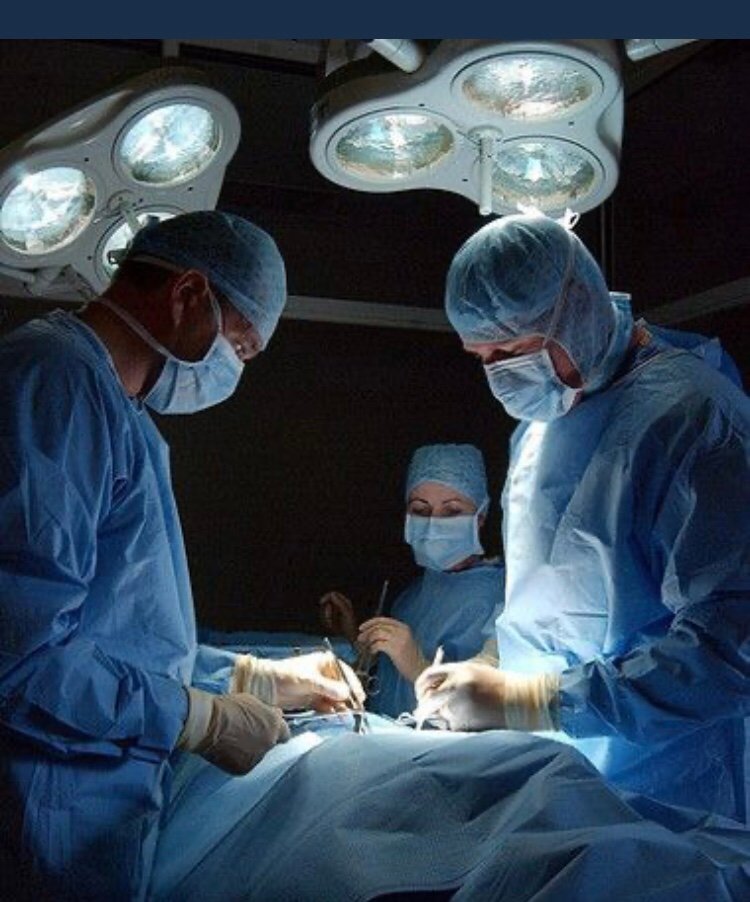Dive into the future of surgery, where cutting-edge technologies like automation, augmented reality, and robotics are reshaping the medical landscape. This blog unpacks the collaborative dance between human skill and technological innovation, offering a glimpse into a future where surgical procedures are more precise, less invasive, and increasingly preventive.
At the heart of healthcare lies a dedication to people, and technology serves as the ally that amplifies the efforts of medical professionals. The evolving landscape of surgery is witnessing a harmonious collaboration between human ingenuity and advanced technology. This partnership aims to elevate the quality of care and redefine the possibilities in patient treatment.
Automation in healthcare is a game-changer, expediting functions and procedures to empower clinicians in delivering higher-quality care on a broader scale. In surgery and intervention, automation holds remarkable benefits, promising increased efficiency and improved treatment outcomes. The future envisions a seamless blend of artificial intelligence and human expertise, working hand in hand to save lives.
Augmented Reality (AR) has made strides in surgery, particularly in the placement of pedicle screws for spinal fusion. While its accuracy is commendable, the technology is evolving to overcome challenges such as time consumption and cost. Future enhancements aspire to make AR less time-consuming, more efficient, and applicable to various aspects of spine surgery, showcasing its potential for broader surgical applications.

The future of surgery is intricately linked with an array of evolving technologies—robotics, artificial intelligence, machine learning, augmented reality, and virtual reality. These innovations will not replace the human touch in medicine but will significantly augment our capabilities. From refining electronic medical records to enhancing communication through the internet, technology will be a cornerstone in the future of healthcare.
Anticipate a paradigm shift in surgery with a focus on less invasive procedures, courtesy of technological advancements. The future holds a spotlight on preventive medicine, leveraging imaging, blood work, and genetic tests to unveil comprehensive insights. A total body scan could soon become routine, enabling early detection and the formulation of preventive strategies, ultimately reducing the reliance on certain surgical procedures.
Robot-assisted surgeries (RAS) and minimally invasive procedures are at the forefront of surgical advancements. These technologies extend the surgeon’s capabilities, offering enhanced precision and reduced impact on the body. The future promises shorter recovery times, minimal pain, and decreased risks of complications, marking a significant leap forward in surgical interventions.
As technology continues to weave its threads into the fabric of healthcare, the future of surgery emerges as a tapestry of innovation and collaboration. The fusion of human expertise with cutting-edge technologies promises not only enhanced precision in procedures but a transformative shift towards preventive and less invasive approaches. The journey ahead is one where healthcare, fueled by technology, achieves new heights in patient care.





